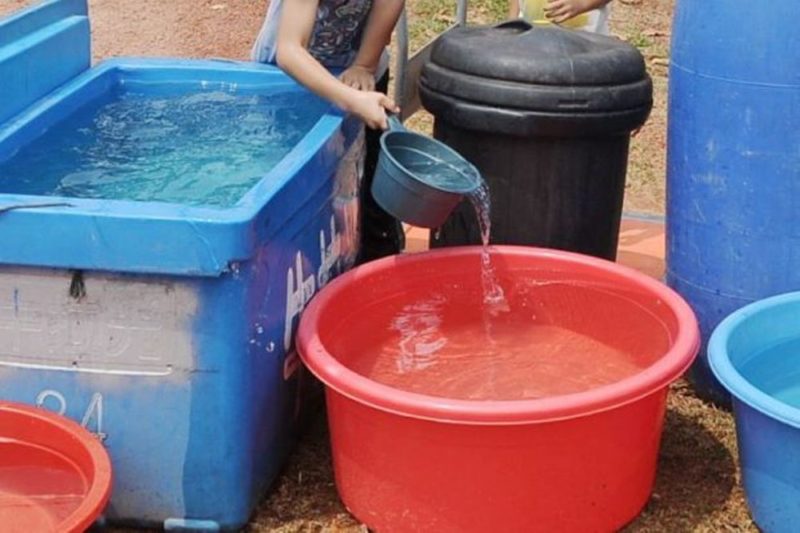The Africa Water Association, a group of water non-governmental organisations in Africa, has blamed the inability of governments in the region to provide potable water for the citizens to politics and population growth.

Mr Sylvain Usher, the Executive Director of the association, made the observation in Abuja on Friday, July 6, 2018 while speaking with News Agency of Nigeria (NAN) on side-lines of the International Conference of the Nigerian Water Supply Association.
He underscored the need for African countries to put in place sound policies that would meet the needs of their increasing population, saying that as the countries’ population expanded, resources correspondingly became scarce.
He said that political leaders ought to realise that access to water was a basic right of the citizens, adding that issues relating to water supply should not be politicised as a mere campaign promise.
“We must realise that there must be equity in expanding the people’s access to water; it is the right of everyone to have access to potable water; so, we must stop the politics around the provision of water,’’ he said.
Usher noted that a glaring paradox in the region was that Africa had no fewer than 5,400 cubic metres of renewable freshwater resources, while only four per cent of the water stock was used.
He said that the impact of climate change on existing water resources had already manifested in dwindling water resources, desertification, flood and drought in some regions; calling for deliberate interventions to mitigate the impact.
Usher said that the sustainability of poverty reduction programmes was currently threatened by climate change, adding that growing urbanisation had put a lot of pressure on Water, Sanitation and Hygiene (WASH) facilities.
“We must also begin to address the impact of population growth on water resources because by 2025, Lagos and Kinshasa will be the most densely populated cities in the region.
“The long-term effect of climate change will lead to water scarcity and ageing water utilities, among others,’’ he added.
On the way forward, Usher called for increased political will in efforts to develop and improve the water supply sector, saying that this should involve stronger collaboration among the three tiers of government in that regard.
He called for improved budgetary allocation to the WASH sector, saying that the poor access of the people to water and sanitation had negative impact on public health, thereby threatening human productivity.
NAN reports that the theme of the International Conference of the Nigerian Water Supply Association is: “Transforming Urban Water Supply and Sanitation Utilities into Financially Viable Entities’’.
By Tosin Kolade
